Programs
- CAPS Calendar
- Co-Curricular Record (CCR) Well-being Certificate
- Eating Disorders Program
- GAPSWell Associates
- RISE Ambassadors
- Post-Doctoral Residency in Health Service Psychology
- SPORT Program for Athletics
- Triton CORE
Welcome to the UC San Diego Counseling and Psychological Services (CAPS) Postdoctoral Residency training website! I am delighted by your interest in our program and pleased to share with you why I believe we are a great training site.
We are a diverse and excellent team of mental health providers deeply dedicated to providing services to our student body and participating in the training of future mental health professionals who will serve our campus community and eventually the global community. We practice within a community, social justice, mental health framework, embedding the majority of our providers within the campus community, and the seven colleges throughout our campus. This is an effort to decrease barriers and increase access to mental health services for all of our students. Postdocs receive high quality training experiences in short term therapy and primary prevention, through consultation and psychoeducational programming. We offer a unique opportunity to provide consultation and outreach services within both an emphasis area, as well as college setting, where each trainee is housed. We also foster professional identity and growth into the role of professional psychologist in a supportive, yet challenging setting.
For information about applying to our program, please visit the Application Process.
As you explore our website, it is my hope you will gain a deeper appreciation for why UC San Diego CAPS Postdoctoral Residency program may be right for you!
—Judy Goodman Fermin, PhD, Training Director
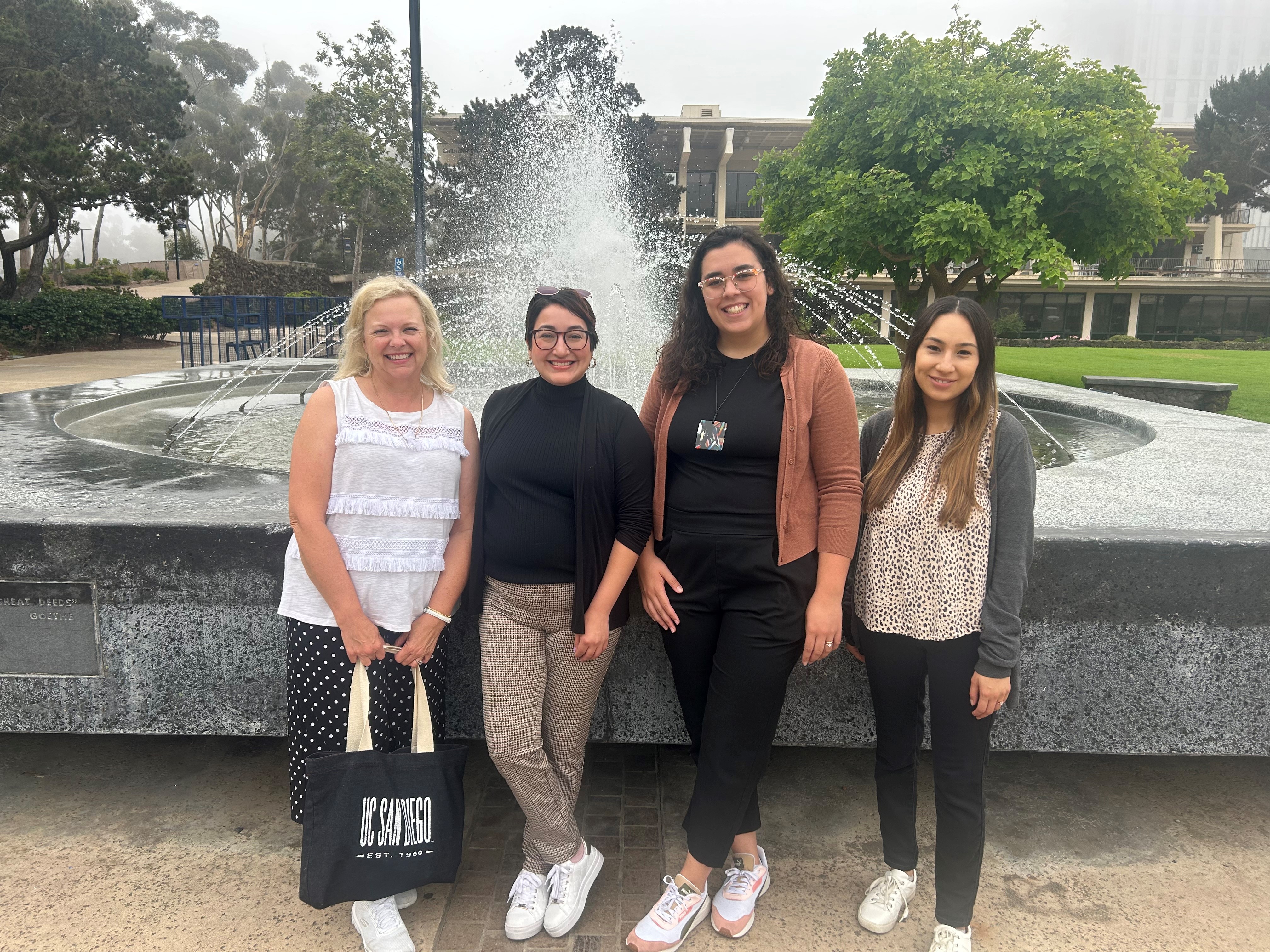
2024-25 Post-Doctoral Residents
Our Residents (L-R): Judy Goodman Fermin (Training Director), Laura Bermudez, Luiza Martins, Nicole Matei.
POST-DOCTORAL RESIDENCY ANNOUNCEMENT AND INSTRUCTIONS FOR 2025-26 (PDF)
The residency program at the University of California, San Diego Counseling and Psychological Services (CAPS) involves supervised experience working as an integral member of a team of clinicians serving over 39,000 diverse undergraduate and graduate students. Our main focus is to provide advanced training in an environment that facilitates professional growth and development. The postdoctoral residency year focuses on the integration and refinement of professional skills in a supervised environment in preparation for licensure and professional work in a variety of mental health settings and those within higher education. Responsibilities include provision of short-term counseling/psychotherapy, group therapy, initial evaluation and assessment, referrals, crisis/urgent care counseling, outreach and consultation to the campus community, serving as consultant to one of six undergraduate colleges or major campus programs, delivery of training, and administrative committee work. One postdoc is housed at the Student Health Center with a focused practice within a behavioral health setting. In addition, the resident will work with a department on campus to provide ongoing consultation, outreach, and collaboration.
Residents typically provide 20 hours of clinical work per week, which includes initial evaluations, groups, brief individual and couples therapy, psycho-educational workshops and a bi-weekly on-call shift. Clinical training focuses on brief therapy. Residents receive 2 hours of individual clinical supervision, one hour of group supervision, and participate in a weekly multidisciplinary case conference. Additionally, residents participate in a weekly Postdoctoral Support Group, as well as professional development meetings and training seminars. There are several areas of emphasis for outreach and consultation that residents are assigned, which gain them exposure to specific populations and consultation with specific campus groups. In addition, residents participate in several formal (our site is an authorized provider of CE units by the California Board of Psychology) and informal trainings that are offered throughout the year for all professional staff on topics such as Law and Ethics, Supervision, Suicide Prevention, and various clinical topics.
The residency fulfills licensure requirements for postdoctoral supervised practice in the state of California. Residents receive over 1700 hours of supervised experience with at least 25% of their hours being dedicated to direct, clinical service.
The goal of the residency program is to provide advanced training in Health Service Psychology and enhance professional identity as a psychologist so that graduates are eligible for independent practice and employment in a variety of settings in professional psychology, with specialized experience in college counseling centers, student health centers or other services/centers within higher education. We are committed to training professionals for the independent and interdependent professional practice of psychology within a community psychology model of service delivery. We provide a unique training opportunity for the application of therapy, outreach, consultation and multicultural counseling to a diverse student population.
Specific objectives include:
The University of California San Diego (UCSD) is known as one of the top research universities in the world, located in beautiful La Jolla, California. Counseling and Psychological Services (CAPS), a unit within the UC San Diego Health cluster of Student Health and Wellbeing, delivers campus-based mental health services for a wide range of psychological problems and clinical conditions within the undergraduate, graduate, and professional school student clientele. CAPS staff and Postdoc Residents provide multicultural, multidisciplinary, and student centered psychological services within a community based setting, To that end, a primary decentralized strategy has been employed in locating CAPS staff members within the university setting. CAPS staff and Postdoctoral residents have a primary office location in one of the seven undergraduate colleges on the UCSD campus or at the Student Health Center. About two thirds of the professional staff have been grouped into small teams and placed in offices within, or near the administrative complexes of the eight undergraduate colleges on the UCSD campus. These colleges include Revelle College, John Muir College, Thurgood Marshall College, Eleanore Roosevelt College, Earl Warren College, Sixth College, Seventh College and Eighth College.. Each of these colleges have their own separate sets of general education requirements and academic philosophies, as well as having their own separate academic advising service.
The remaining CAPS staff are housed at Revelle College in a central service office. Other staff have offices at the Women’s Center, OASIS and the International Center. The decentralized nature of CAPS allows for the application of the community mental health model which is deeply ingrained in the provision of services provided. Because the colleges are the places on campus where programs involving residential life, undergraduate activities, and academic advising are centered, they can be productive staging areas for psychological outreach and consultation services. The college outreach team, usually consisting of a Postdoc, and two senior staff members, serve as in-house, psychological consultants to the administration of the college.
Trainees and staff spend the majority of the time in these locations providing direct services. Most of the CAPS’ administrative meetings, Postdoc training seminars, group services and emergency/urgent care services take place at the central service offices. As a result, there is frequently a mix of college counselors and Postdocs with Central staff throughout the week. This encourages professional enrichment, as well as reinforcing the staff's primary identification with CAPS. Additionally, since the Central Service is removed from the colleges and their administrative complexes, its location offers a more private entry-point for undergraduate students seeking services.
The formal and informal training opportunities that strengthen the resident’s knowledge base, in concert with clinical experience, allow the residents to further consolidate their learning and to meet the competencies and objectives of the Residency. The residents work with various staff in different capacities throughout the year in a planned sequence which includes orientation, training seminars, supervision, professional development, group supervision and consultation/outreach. The components and sequence of the training year includes:
In addition to providing outreach and consultation services within the individual colleges where postdoc offices are located, Postdoc Residents will be matched to one of the following emphasis areas for approximately 5-7 hours of focused outreach, program development and consultation experiences, with the exception of the Behavioral Health Specialty which is a fully embedded experience:
Residents gain experience in the provision of a wide variety of activities including:
Other Optional Activities
|
|
Average Hours Per Week |
|
Clinical |
|
|
Individual, Groups, Couples |
14-16 |
|
Initial Evaluations |
3 |
|
Workshops/Forums |
1 |
|
Urgent Care |
Avg 3 per week (4.5 hr every other week shift) |
|
Case Management |
6 |
|
Supervision |
|
|
Primary Supervision |
2 |
|
Group Supervision |
1 |
|
Case Consultation Team |
1 |
|
Outreach/Consultation |
|
|
In College |
1 |
|
Emphasis Area |
5-7 |
|
Optional Activities |
1 |
|
Trainings/Professional Development |
1 |
|
Meetings/Admin Time |
1 |
The residency program assumes the following responsibilities to ensure residents receive comprehensive, ethical, and professional training:
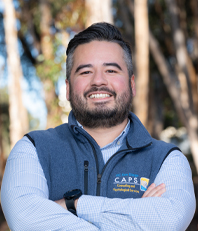
Bryan Balvaneda, Ph.D.
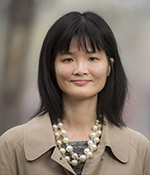
Wenhsin Chang, Ph.D.
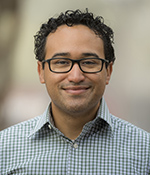
David Diaz, Ph.D.
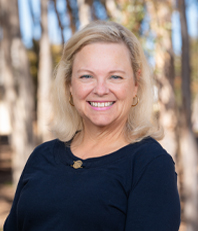
Judy Goodman-Fermin, Ph.D.
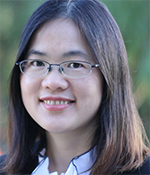
Fengqin Lian, Ph.D.
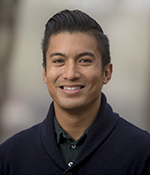
Louie Limas, Ph.D.
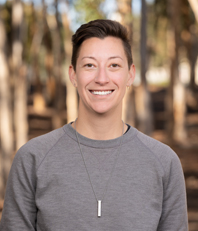
Tay McCavanagh, Psy.D.
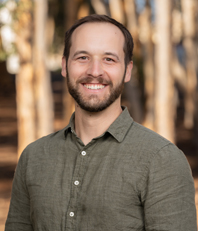
Michael McGlenn, Psy.D.
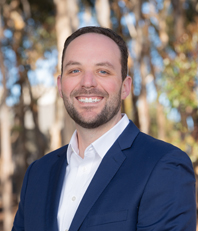
Shane Saenz, Psy.D., CMPC
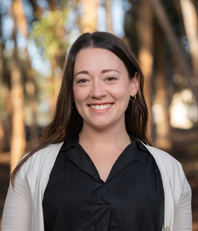
Allison Wagner, Ph.D.
Learn more about the Training Committee and Supervisors’ Group on our staff page.
| Year | Post-Doctoral Resident // First Job Post-Training Year |
|---|---|
| 2003-04 |
|
| 2004-05 |
|
| 2005-06 |
|
| 2006-07 |
|
| 2007-08 |
|
| 2008-09 |
|
| 2009-10 |
|
| 2010-11 |
|
| 2011-12 |
|
| 2012-13 |
|
| 2013-14 |
|
| 2014-15 |
|
| 2015-16 |
|
| 2016-17 |
|
| 2017-18 |
|
| 2018-19 |
|
| 2019-20 |
|
| 2020-21 |
|
| 2021-22 |
|
| 2022-23 |
|
| 2023-24 |
|